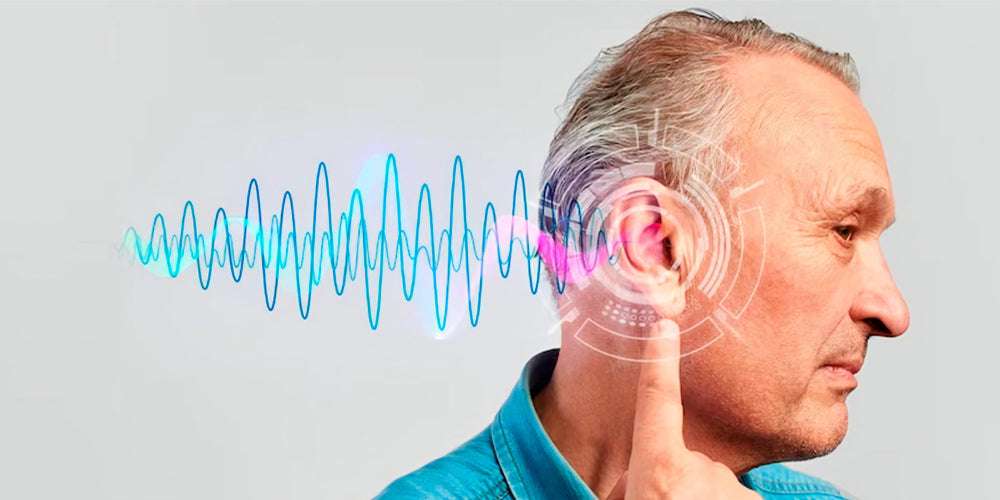CBD and Its Effects on Depression, Anxiety, and Sleep Disorders
Cannabidiol (CBD) has emerged as a significant area of interest in the realm of mental health treatment, offering potential relief for conditions such as depression, anxiety, and sleep disorders. Derived from the cannabis plant, CBD is a non-psychoactive compound that does not produce the high associated with tetrahydrocannabinol (THC), making it an appealing option for those seeking therapeutic benefits without mind-altering effects. This blog delves into how CBD might influence depression, anxiety, and sleep, supported by current research and clinical observations.
What is CBD?
CBD is one of over a hundred cannabinoids found in the cannabis plant. Unlike THC, it is legal in many parts of the world, provided it is extracted from hemp plants with low THC levels. Its legal status and its purported health benefits have contributed to its popularity as a supplement for wellness.
CBD and Depression
The Science Behind CBD’s Effect on Depression
Depression is typically linked to low levels of serotonin, a neurotransmitter that regulates mood, happiness, and anxiety. One of CBD's proposed mechanisms is its impact on the body's serotonin receptors. Research suggests that CBD does not necessarily boost serotonin levels but may affect how the brain’s chemical receptors respond to the serotonin already in the system.
A 2018 review of existing studies found that CBD has anti-stress effects, which might reduce depression related to stress. This is particularly significant considering that most conventional antidepressants focus on serotonin pathways. While CBD is not currently recognized as a replacement for more traditional treatments, it presents a promising complementary therapy.
User Experiences and Clinical Observations
Anecdotal evidence from individuals who use CBD as part of their treatment regime often reports improvements in mood and a general sense of well-being. Some clinical trials and studies have begun to support these claims, though experts caution that more research is needed to fully understand the efficacy of CBD in treating depression.
CBD and Anxiety
Understanding Anxiety and CBD’s Role
Anxiety, like depression, can be debilitating, affecting daily functions and quality of life. CBD has been studied for its potential to calm the nervous system, which can be particularly beneficial for people suffering from various forms of anxiety.
A 2019 study aimed at determining CBD's effectiveness in treating anxiety found that 79.2% of the participants reported decreased anxiety levels after one month of CBD treatment. This effect remained consistent over the study's duration, suggesting that CBD could be an effective long-term treatment for anxiety.
Types of Anxiety Disorders That CBD Might Help
-
Generalized Anxiety Disorder (GAD)
-
Social Anxiety Disorder (SAD)
-
Post-Traumatic Stress Disorder (PTSD)
-
Obsessive-Compulsive Disorder (OCD)
For each of these conditions, CBD's interaction with the endocannabinoid system—a widespread receptor system in the human body involved in regulating numerous physiological and cognitive processes—plays a crucial role in its therapeutic effects.
CBD and Sleep Disorders
The Connection Between CBD and Sleep
Sleep disorders are often related to or exacerbated by anxiety and depression. CBD has shown promise in addressing both root causes and symptoms directly linked to sleep disturbances. Its potential to reduce anxiety and ease depression may naturally lead to improved sleep patterns.
Moreover, a 2017 review highlighted evidence that CBD might directly affect sleep by interacting with related receptors in the brain, indicating a direct mechanism beyond anxiety and depression relief.
How CBD Can Be Used to Improve Sleep
Dosage and timing play critical roles in how effective CBD can be in managing sleep disorders. Lower doses can energize while higher doses are believed to facilitate sedation. Taking CBD oil a couple of hours before bedtime can create a calming effect conducive to sleep.
Potential Side Effects and Considerations
While CBD is generally well-tolerated, some individuals might experience side effects, such as dry mouth, reduced appetite, drowsiness, or gastrointestinal issues. Additionally, it is crucial to consider the interaction of CBD with other medications.
Conclusion
The potential of CBD as a therapeutic aid for depression, anxiety, and sleep disorders holds much promise, backed by an increasing body of research. However, it is essential to approach it as part of a broader treatment plan, ideally under the guidance of a healthcare professional. As research progresses, the understanding of how CBD can be utilized in the treatment of these conditions will become clearer, paving the way for more targeted therapies.
This exploration into the benefits of CBD highlights its potential as a supplementary treatment, though it underscores the necessity for further research and clinical trials to fully validate its effectiveness and safety.


